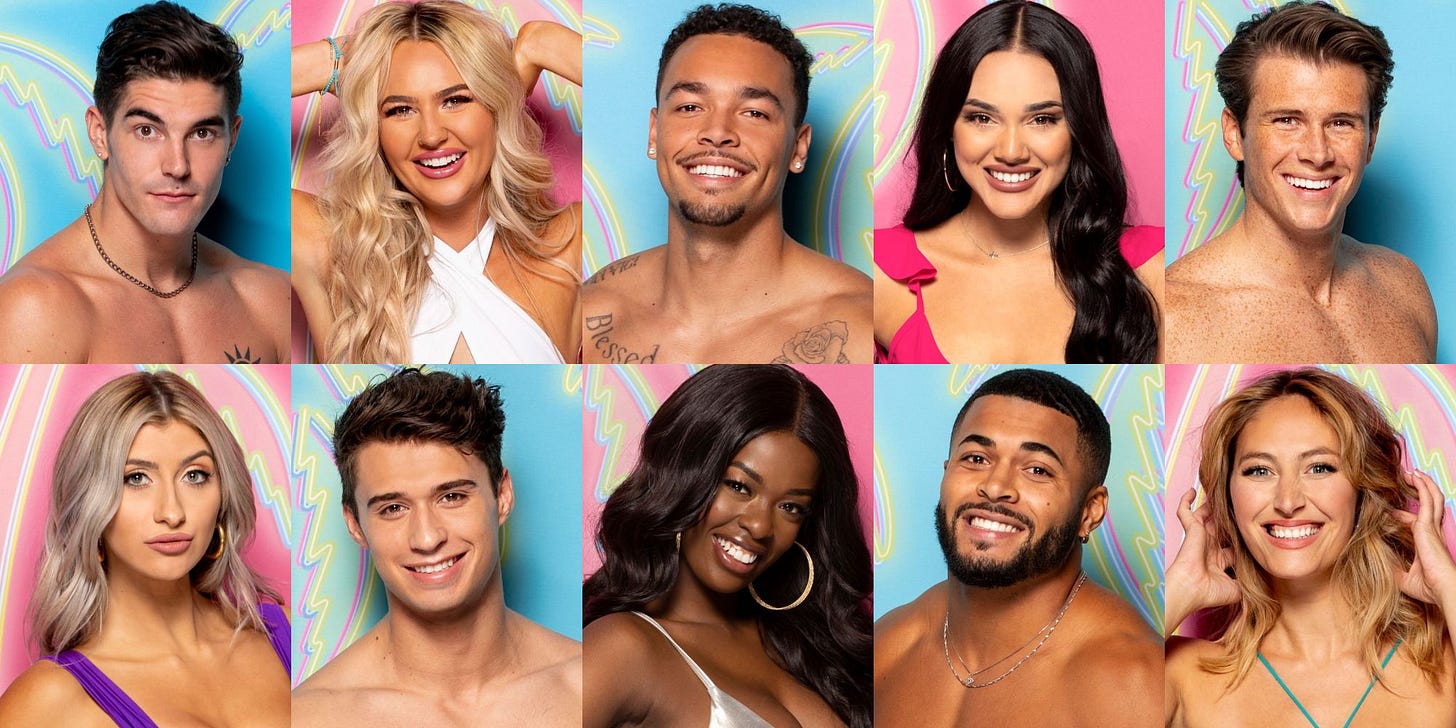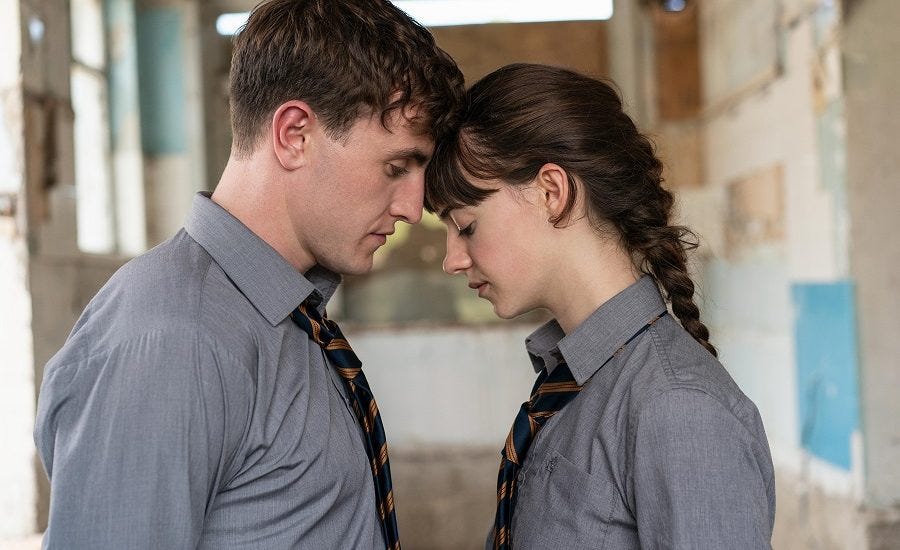The Hardcore Effect of Porn on Gen Z and Gen A
(Slightly NSFW): Available at Independent Newspaper: https://www.independent.co.uk/life-style/gen-z-porn-addiction-internet-b2742278.html
Teenagers having unfiltered access to hardcore and violent pornography through their smartphones is one of the biggest problems facing parents, teachers and anyone else concerned with the wellbeing of young people.
But when I qualified as a young teacher 13 years ago, the issue was only just emerging. I wrote at the time about the dangers of Generation Z being the world’s first teenagers to have access to the internet 24/7 – and why they weren’t just using it to do homework research or play online chess.
In those early days of smartphone ubiquity, teenagers had already figured out they could access pretty much any kind of pornography when and wherever they liked, and like the bellwether porn was to become, they were already favouring the extreme and shocking content. I noted how pornography had started intersecting with mainstream media, with some of the big (and very hardcore) performers of the time including James Deen and Sasha Grey, appearing in studio films, TV shows and gracing magazine covers.
But porn wasn’t just intersecting with mainstream media. It was intersecting with the lives of almost every young person, and it wasn’t just the watching that was becoming the problem – it was the influence it was already having.
Sexual violence, misogynistic attitudes to women, unrealistic beauty and body standards, and a warping of teenage sexual norms are all things we worry about and are emblematic of discussions about the manosphere and the influences having such a toxic pull on today’s teens. But these were the exact things I flagged and warned against then, pleading with the government and tech providers to take action and protect future children and teenagers.
Those warnings went largely unheeded, and we’re in a similar position today – except worse off in every way.
Over the years, I’ve come to accept that appealing to the titans of big tech has produced absolutely nothing – largely because teenage sexuality and eyeballs have proven to be big business. (Aylo, the parent company of PornHub, is estimated to make $79 billion a year.) Similarly, governments mostly display a pretty insipid attitude to curtailing underage access to hardcore content and in the UK, access to PornHub simply requires you to click the “I am over 18” button – big effort there, guys!
So, a question I’ve become interested in is what can we learn from porn? For anyone snickering in the back, the answer is a great deal. Pornographic content, and particularly content being consumed by teenagers over the last 13 years, tells us so much about where we are today and how we could have avoided a lot of the problems if we’d been paying attention.
Porn acted as a kind of test-balloon for the extremism we see everywhere now across culture, politics and media. In those early days, young Gen-Zers weren’t watching, sharing and talking about the flicks that showed Joy of Sex-style conventional bonking. The stuff that was breaking through was the extreme, shocking and straight-up gross content.
This provided a telling blueprint into the future online psychology of all of us, but young people in particular; what gets noticed, shared and followed has to provide shock and awe – a pattern that pretty much everything from media to politics to culture has picked up and run with ever since.
The sound and fury of the attention economy has shaped Gen Z – and is now shaping Gen Alpha – in every conceivable way, and it’s absolutely no coincidence this is reflected in everything from who they follow and listen to, to who they vote for.
Porn was also both a cause and symptom of the grim and growing gender division we see today, that has given birth to the manosphere which heavily references porn. Increasing sexual violence globally, and a tragic division between the sexes which has produced fewer friendships and kinships between boys and girls, far less dating and ironically much less sex – in 2011, 23 per cent of young adults (16-20) reported to have had at least two sexual partners, in 2024, this has fallen to just 8 per cent.
Porn algorithms sneakily both noticed and cultivated the gender fissure when Andrew Tate was still a twinkle in Big Brother’s eye, and heterosexual pornographic content in the majority started depicting sex as oppositional and violent with men largely in the dominant role and women as subjugated – and quite often violated.
It doesn’t take an enormous leap of imagination to understand how the first generation raised on porn might have a problematic relationship with consent or find the screed of an “influencer” instructing them to “control their b*****s” compelling in a way their Gen X dads don’t.
Porn also heralded and held up a mirror to the wider world that was becoming increasingly sex-obsessed. One of the UK’s most popular television exports of the last few years is Love Island where young hotties are basically there to get it on with each other – not sure anyone’s convinced by their claims of ‘falling in love with’ someone they met precisely seven seconds ago, however...
There may not be any hardcore sex, but Love Island is doing similar things to what porn has been doing for years – commodifying sex and hotness – and selling it to young people as an easy route to fame and riches.
The popularity and infamy of OnlyFans amongst teenagers – even very young Gen A teenagers – and the (somewhat) ironic refrain “well, there’s always OnlyFans” around public exam time highlights just how normalised the commodification and selling of sex has become for the “porn generation(s)”.
Long gone are the days of lone, dodgy porn sections in video shops and specialist cinemas somewhere in Leicester Square – now the exploits of OnlyFans creators are featured heavily in conservative papers.
And the aesthetics and content once reserved for porn are in millions of films, TV shows, music videos, magazines and catwalks. Porn got there first, but we’re now all living in its world – and none more so than young people.
Which brings us back to porn itself. There was a recent panic over the sudden, growing popularity amongst teenagers called No Mercy, which one article described as a “graphic rape and incest simulator”. The backlash has resulted in gaming provider Steam removing it from its platform.
This to me highlights the extent to which porn now reflects something new in young people, just as did 13 years ago: a complete alienation from sex as being anything to do with pleasure, fun or unity with a sexual partner. It’s not just the game itself, but the most popular genres of porn in underage viewers I surveyed tended to be an exploration of things way beyond just sex.
Porn – for millions of young people – is not really about gratification, but about figuring out really difficult questions about sex, sexuality, power, empowerment, violence, consent, alienation, body, beauty and personal agency and the reason they are looking for those answers, is because wider society and culture is raising confusing questions.
Portraying Love Island as fun, light entertainment, but telling young people that OnlyFans is morally wrong is confusing and hypocritical. Saying some degree of exhibiting one’s sexuality is empowering – but too much is humiliating or s****y or something to be ashamed of – is baffling because how much is too much, and who makes the rules anyway?
Somehow, sex for teenagers needs to be shifted away from unequal power dynamics, violence and commodification and back to what sex should be – something fun, consensual and an important part of figuring out who you are as a whole, evolved adult.
There have been some really encouraging breakthroughs: the TV adaptation of Sally Rooney’s novel Normal People was a brilliant depiction of pleasurable, consenting young sex watched by millions of older teenagers, and the fairly explicit nature of it was a needed contrast to what is depicted in pornography.
It’s a strange paradox that the antidote to the porn problem might be more sex, but teenagers need to be reminded that sex should be about fun and pleasure and not about pain, humiliation or who is willing to pay the highest price.








